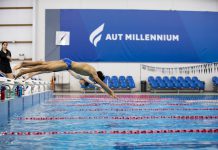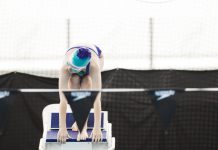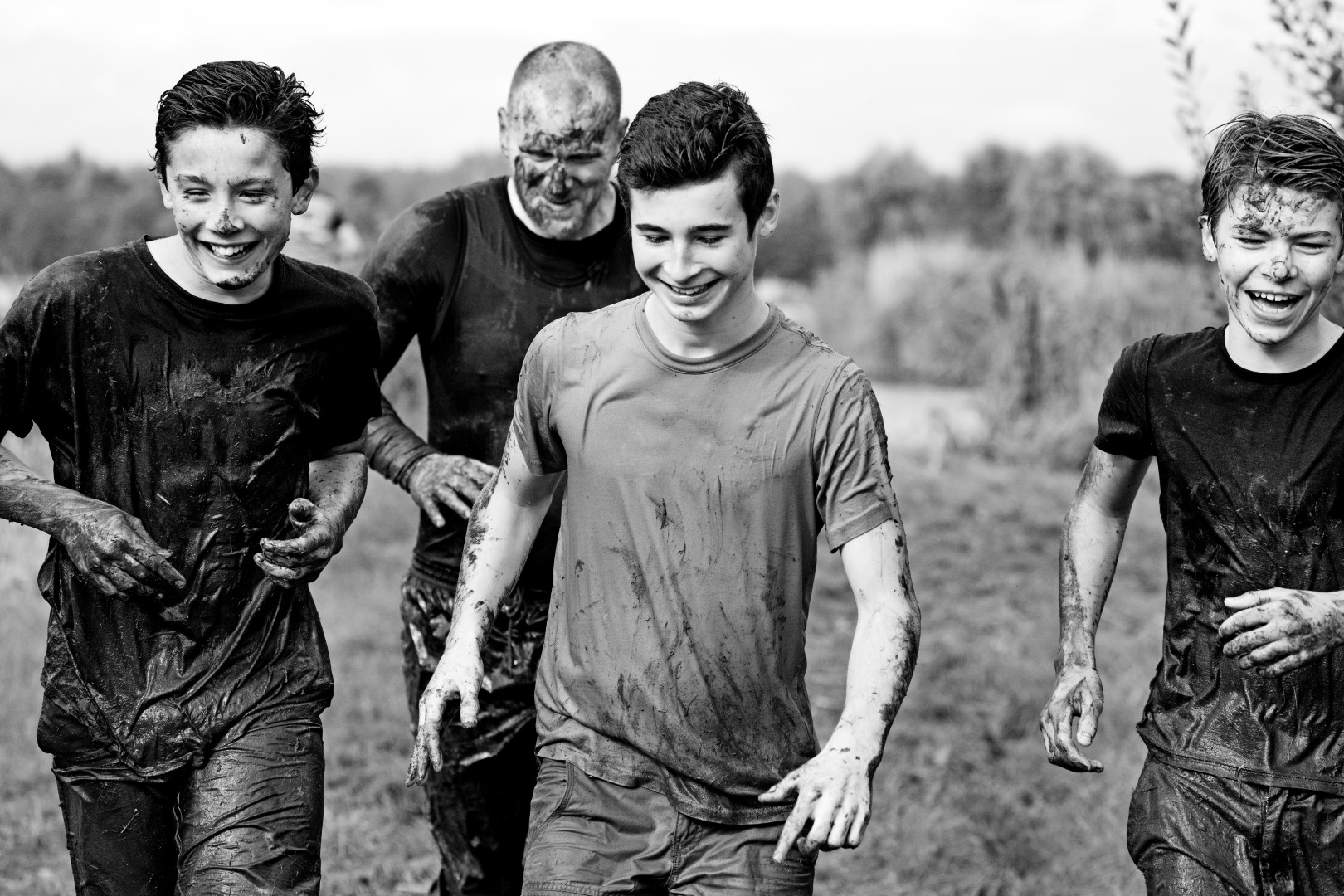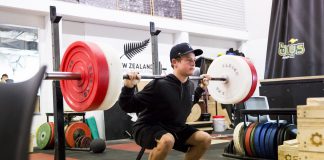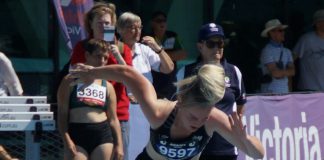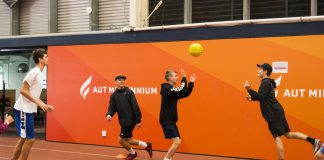One of the most important elements of success for every youth athlete is the right supp
ort from their parents. But you knew that, right?
Here’s a young netballer’s story.
Dee is 14. She’s been identified as a very promising up and coming player.
She’s from a small town in NZ but moved to the city with her family when she was 12 in pursuit of greater sporting opportunities.
Growing up, she acted like a role model for the other players on her teams and everybody back home is looking forward to seeing how she progresses.
A number of ‘significant others’ (i.e. her parents and friends) expect her to play well all of the time and to win regularly. Some of their typical comments include “Dee, the team’s relying on you to shoot well today”, “You’re the best shooter for your age”.
Dee was lucky enough to get some good genetics, and matured early. She’s tall for her age and physically dominant on court in her goal attack position. And lots of practice in her driveway growing up has meant that she’s developed a very accurate shot.
Last year she was selected in the premier team in her first year at college, and very recently made her region’s U15 representative side. Dee loves her netball practices and constantly goes hard in the fitness training. She’s always first at training and puts in her best effort every time.
Up until now, she has loved playing. But after a few games playing in her rep team the pressure intensified and things changed.
Now, Dee comes to the courts an hour before she is scheduled to play and sits with her mum watching the other games, yet she delays warming up as long as possible. For the past three Saturday’s she’s complained of not feeling well and displayed little enthusiasm for the game ahead. Her stomach gets so stiff and tight that she struggles to breathe normally – often to the point where she feels like crying. The night before games Dee barely sleeps and she’s been skipping breakfast.
And this all of this is reflecting in her play.
She’s more passive than ever before. Her movement into space is slow and her hands are poor. When she takes a pass in the circle, her shot is rushed and jittery. She’s only been making half of the goals she attempts. It’s just not like her.
But what’s most astonishing is the way she looks for her parent’s reaction when she makes a mistake. She’s never done this before. The expression on her face appears to ask, “Did I do anything wrong?” “Did I disappoint you?”
As Dee’s performance has deteriorated, the body language and comments of her parents on the side-line have gone from uneasy, to furious. They simply haven’t been able to conceal their disappointment for her bad performances.
After a game Dee just wants to leave and be away from everybody. She told her Mum the other day that she wanted to quit netball because she’d let her down so badly.
 What you do as a parent can have a huge impact on the performance of your child.
What you do as a parent can have a huge impact on the performance of your child.
So then, how can Dee get back on track?
Special emphasis must be given to two specific goals.
1. Reduce her distracting thoughts related to watching her parents reactions and emotions during competition
It’s crucial that Dee keeps her eye on the game, not the side-line. Developing a ‘stop-in-play’ routine can be very helpful for this situation. This involves completing a set of physical and mental steps every time the ball goes out of play, or when it’s down the other end of the court.
Not only will this improve her concentration, but performing the routine and watching her parents at the same time is just not possible. Exactly what the stop-in-play routine consists of is not super important, but doing lots of practice on it during training is.
Dee’s parents must also get much better with their behaviour. Negative body language and distructive comments about her performance from the side-line and not ok.
2. Minimise the importance of winning
The first step is about Dee’s parents. They must be convinced to adopt a new attitude around her success and failure in games. This new attitude must stress the importance of having fun and playing to learn and improve, rather than the thinking that winning is everything. They must also convince her that their love and affection towards her is completely independent of her netball achievements.
The second step is for Dee. It’s critical that she starts setting performance goals, rather than outcomes goals, for every game. These will shift her focus away from the end result (which is out of her control) to the processess involved in playing (which she can control). Ultimately, by focusing on the process, the result will take care of itself. You can read more about setting great goals here.
Dee is not alone in the struggles she faces from the mental side of her sport.
Unfortunately, trainings environments for youth athletes too often neglect this very important aspect of enjoyable sports participation and successful performance.
It’s a mistake to believe that the development of confidence, resilience and other mental skills happens by simply being involved in sport. Just like every physical skill, to master mental competencies they must first be understood, then properly learnt, and worked on with hours and hours of purposeful practice.













